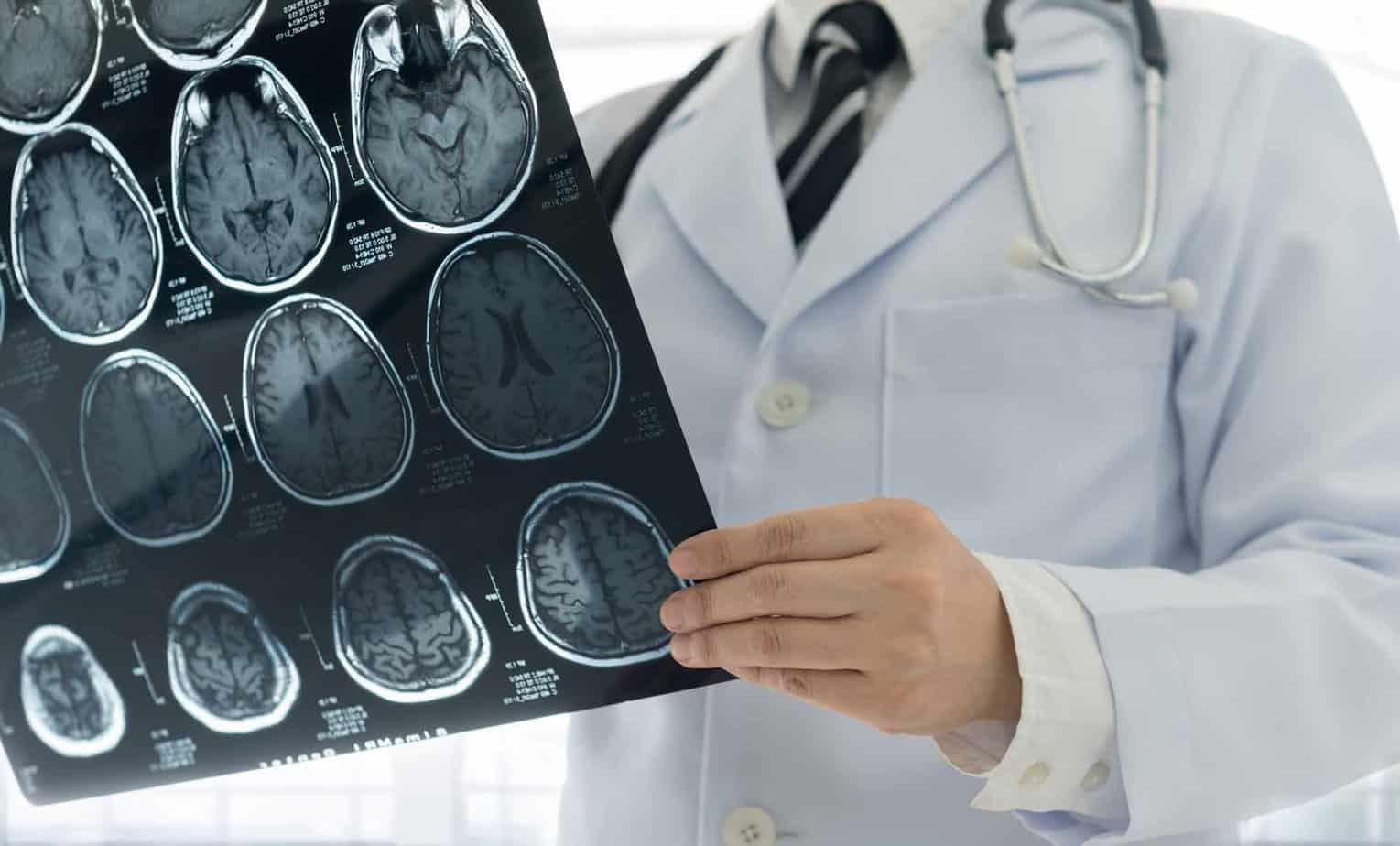Addiction: Is it a choice or a disease?
While you may get different answers depending on who you ask, the truth is that addiction is a chronic brain disease ⎼ not a choice, moral failing, or behavioral problem. Just as many forms of mental illness were historically not accepted as genuine ailments by the general public, addiction is still not widely regarded as a neurological disorder. Despite evidence that points to the impact of drugs and alcohol on the mind, many remain judgmental and unforgiving of those struggling with addiction because they mistakenly view substance abuse as a social issue rather than a disease.
There is a widespread misperception that drug users have poor character because they chose to repeatedly take drugs despite knowing what the consequences could be. And while it is true that when someone opts to use drugs for the first time, they are doing so voluntarily, no one starts using with the intention of becoming addicted. Often, it takes just one try to become addicted. And once the drug has hijacked the brain, it starts to think that it needs the substance to function, leaving the user feeling like they have no other choice but to use again.
The Effects of Alcohol and Drugs on the Brain
Scientists have discovered sizable discrepancies between the brains of those who struggle with substance abuse and those who do not. Through brain imaging techniques, researchers have witnessed that the minds of people with a drug or alcohol dependence display abnormal activity in the forebrain, where chemical messengers stimulate desire. When an individual takes drugs or consumes alcohol, the reward system is triggered, and high levels of dopamine are released, increasing feelings of pleasure. Repeated use causes the brain to crave the substance.
When an addicted person develops a tolerance to alcohol or drugs, their brain receptors adapt by producing less dopamine. Consequently, the individual might feel compelled to increase their consumption of the substance to replicate its once-powerful effects.
Drugs and alcohol don’t just cause the brain to crave the substance but also affect how the brain functions, impacting breathing and heart rate, problem solving, motivation, and decision making. Substance abuse also impacts personality and behavior.
Long-Term Impact of Substance Abuse on the Mind
Because addiction is a long-term struggle, substance abuse can have long-term consequences on the brain. Drugs and alcohol impact the areas of the mind responsible for kindling motivation and emotion. Over time, drug use can affect cognitive functions, causing users to lack concentration and sound judgment, have delayed reactions, experience memory loss, or feel confused and lethargic. Adolescents who suffer from addiction might experience more intense, permanent symptoms because their minds have not fully developed.
Addiction and Society
Addiction is a public health concern that impacts all of society, even individuals who do not use. Its effects can be felt across prisons, in the workplace, and in the home. Unfortunately, the stigma that surrounds addiction often prevents individuals from seeking out help. It is important that perceptions about this disease start changing, not just for the benefit of those grappling with addiction but for the well-being of all.
If you or a loved one is struggling with addiction, Mountainside can help.
Click here or call (888) 833-4676 to speak with one of our addiction treatment experts.

 By
By 





